By Olukayode Oyeleye
Two months since the beginning of last December, a number of truths have been unshackled from the forces of gravity and have come from the depths to the surface, floating now like weightless feathers on troubled waters. Li Wenliang, a medical doctor made a tentative diagnosis and did a social media posting on Weibo to inform his professional colleagues, and raising an alarm about suspected seven cases of a virus infection thought to be similar to Severe Acute Respiratory Syndrome (SARS), a clinical condition that led to a global epidemic in 2003. His role was rubbished by the powers-that-be, as the authorities warned him to stop “making false comments” and desist from “illegal activity,” or he would be “brought to justice.” Dr. Li has died of the same infection he sought to warn the public about a month earlier. The government of his country has seen the folly of suppressing the truth and is currently rueing it, albeit privately, while putting up heroic outward appearances and actions.
The story of coronavirus infection is one that has unearthed many hidden truths and will reshape the way the world works in a number of ways. The aftermath, which is already sending nations’ economies spiralling downwards, hurting many public and private investments, putting lives and businesses in jeopardy and straining bilateral relationships, is a re-configuration of international relations and transnational cooperation. The revolution sparked by Dr. Li’s death may not be obvious at the moment, but it is an idea already burning in people’s minds as many Chinese, outraged by his death, have begun to demand for freedom of expression. The pre-eminence of the power of the police state actors over professionalism, and the need to suppress any information considered distasteful to the authoritarian regime, no matter how well founded, led to the whole mess that is now a pandemic.
The World Health Organisation (WHO) did its own little part to give the world a false sense of security at the very onset of conversations on the Wuhan coronavirus outbreak. Some of the initial responses didn’t help matters as WHO officials refused to acknowledge the possibilities of a pandemic ab initio. Good as their efforts at controlling the narratives in the social media may be, their characterisation of commentators’ opinions in some cases as “infodemic” missed the point and provided a good platform for both complacency and a mischaracterisation of honest curiosity and positive inputs from outside the health community. It unwittingly labelled the media as trying to “cry wolf” where none existed. This WHO’s position statement on “infodemic,” which sought to warn about a perceived greater fear of misinformation or disinformation than of actual infection, provided a good alibi for some Chinese nationalist commentators who stretched the arguments to dangerous terrains of racism, bias and prejudices. One Chinese commentator on a state media particularly stated that calling Coronavirus a Chinese infection offends China’s sensibility. His argument was like “why not call Ebola epidemic a Liberian or Sierra Leonean virus epidemic?” Again, this line of thought was more of diversionary efforts than one directed at finding solution to the epidemic.
It was not difficult to discern that WHO was walking a tight rope while it was making spirited efforts, commending China’s response to the Coronavirus outbreak. The organisation was fully aware of its limitations and would play smart politics to avoid offences. A 2017 publication, dispassionate about WHO’s weaknesses, did a comparative analysis of the proportions of funds from countries to the organisation. While the percentage and amount of assessed contribution from the United States were respectively 22 per cent and $115.4 million, Japan contributed 9.7 per cent and $50.8 million and China 7.9 per cent and $41.5 million respectively. WHO’s tardy and apologetic comment on China’s efforts at the beginning of the Coronavirus outbreak should therefore be easier to understand. The 2017 analysis, explaining that “Money talks at the World Health Organisation,” noted how the current Director General, Dr. Tedros Adhanom Ghebreyesus, inherited a wobbling organisation from his successor, Margaret Chan. According to that report, “the new director-general of the WHO inherits an organization beset with fundamental challenges that threaten the very foundations and founding principles of the organization. The WHO’s capacity to intervene on issues related to international health and accomplish its basic norm-setting function has been seriously eroded over the years. The legitimacy of the WHO in affairs related to international health stands compromised. The organisation’s perceived failure to play a more decisive role in containing the Ebola epidemic in 2014 was met with widespread criticism…. Underpinning the deficiencies in the WHO is its funding crisis, which does not allow the organisation to carry out its normative activities.” Is this not a clue to why the WHO refrained from telling China to its face that it managed Coronavirus at Wuhan rather poorly?
WHO’s prognosis of Coronavirus epidemic was also terribly flawed and rather too condescending, playing good politics over and above realism. Evidences in Wuhan suggested immediately that a pandemic was in the making, particularly since many have travelled outside the Hubei Province epicentre of the epidemic. The same realities now being faced as the epidemic now transcends China and Asia are the scenarios that, had WHO imagined, would have played to its advantage in discovering and cementing reliable sources of funding to keep it more relevant in global affairs. China, the largest country in the world by population and now second largest by the size of economy, obviously has become so important in the global economy that health professionals should realise that anything happening there will have far-reaching and speedy multiplier effects elsewhere in the world. Take travel and tourism. It was widely reported that the Coronavirus outbreak began around the time of the preparation for the Chinese Lunar New Year celebration, involving traveling by millions of Chinese people within and into China from various parts of the world. It then presupposes that many millions of people would have had to travel within and out of China after the celebration. That the WHO didn’t reckon with this at the onset was evident, judging by the official comments emanating from the organisation that excluded the gravity of impact of the travelling and the potential to make it a pandemic: WHO emphatically ruled out pandemic at the beginning.
Travel and tourism is a powerful vehicle for economic growth and job creation all over the world. And China is a major player in this sector. Travel & Tourism in 2018 contributed $8.8 trillion to the global economy. According to the World Travel & Tourism Council (WTTC) the economic impact of Travel and Tourism in 2019 showed a 3.9 per cent growth in 2019 compared to a 3.2 per cent growth of the global economy within the same year. Its contribution was estimated at 10.4 per cent to the global economy within the same year. Although Africa has less share of this pie, a short overview of the World Bank in 2013 on “Tourism in Africa: Harnessing Tourism for Growth and Improved Livelihoods” the World Travel & Tourism Council (WTTC) estimates that 3.8 million jobs (including 2.4 million indirect jobs) could be created by the tourism industry in Sub-Saharan Africa (SSA) over the next 10 years. Receipts from tourism in 2012 amounted to over $36 billion and contributed just over 2.8 per cent to the region’s GDP. From a small base of just 6.7 million visitors in 1990, SSA reportedly attracted 33.8 million visitors in 2012. WHO didn’t seem to have reckoned with this and the fact that it is one of the likely foremost casualty in the case of a pandemic. Therefore, it was content with being patronising to China despite the latter’s obvious flaws of delayed response, denials and attempt to cover-up.
Aviation has become an integral, indispensable part of global economy, connecting people to far-flung places on earth. Its vulnerability should have been seen by the WHO officials, particularly if they did holistic risk management, particularly the analysis and communication, providing technical basis for emergency preparedness and emergency responses. At the core of the spread of the Coronavirus spread, therefore, is the aviation industry as the means of dissemination. The daily updates in the worldwide spread of the Coronavirus has provided ample evidence of the greater frequency of international travels now, more than ever before. Since December, coronavirus has had serious negative impacts on airlines operators globally. The International Air Transport Association (IATA) has officially estimated that the Covid-19 outbreak might result in 13 per cent full-year loss of passenger demand for airline operators in the Asia-Pacific region. This is expected to cause a revenue loss of $27.8 billion in 2020 for the carriers. Even when much of the projected impact would be on carriers registered in China, who are expected to lose $12.8 billion in the domestic market, airlines elsewhere are jittery as their activities may end up in huge deficits. British Airways, for instance, has suspended direct flights to and from China, following confirmed cases of coronavirus infection in France and Germany. This, in itself, is driving a wedge between countries and is expected to have many unintended consequences. A crisis in the aviation industry may be a major contribution in an impending global economic meltdown that might be multidimensional.
This article was first Published on March 02, 2020
Dr. Oyeleye, a public health veterinarian, journalist and policy analyst, can be reached via: oyeson2@yahoo.co.uk
————————————–











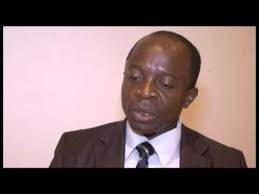

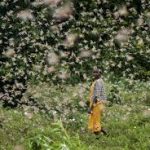





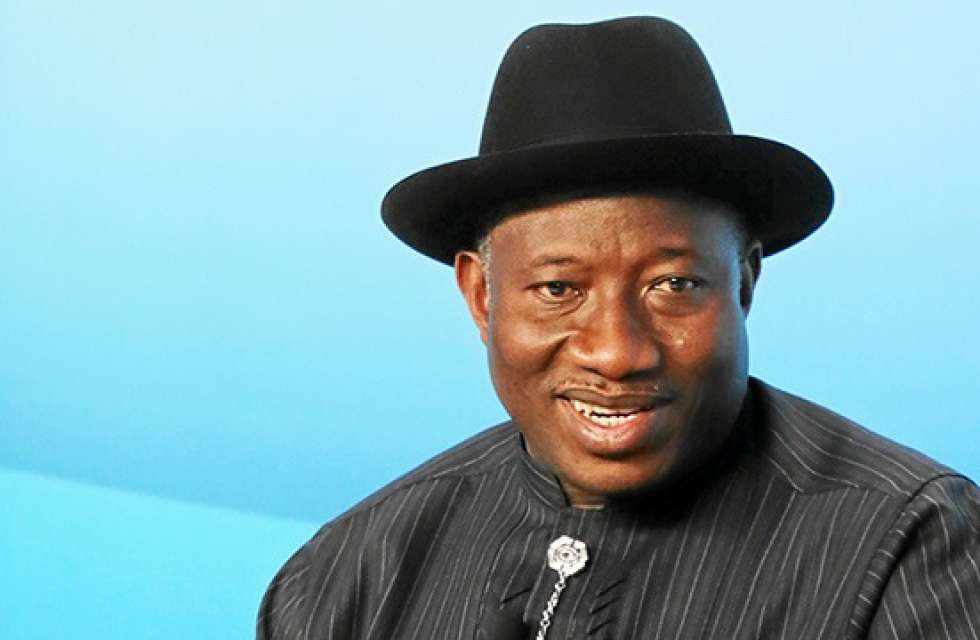
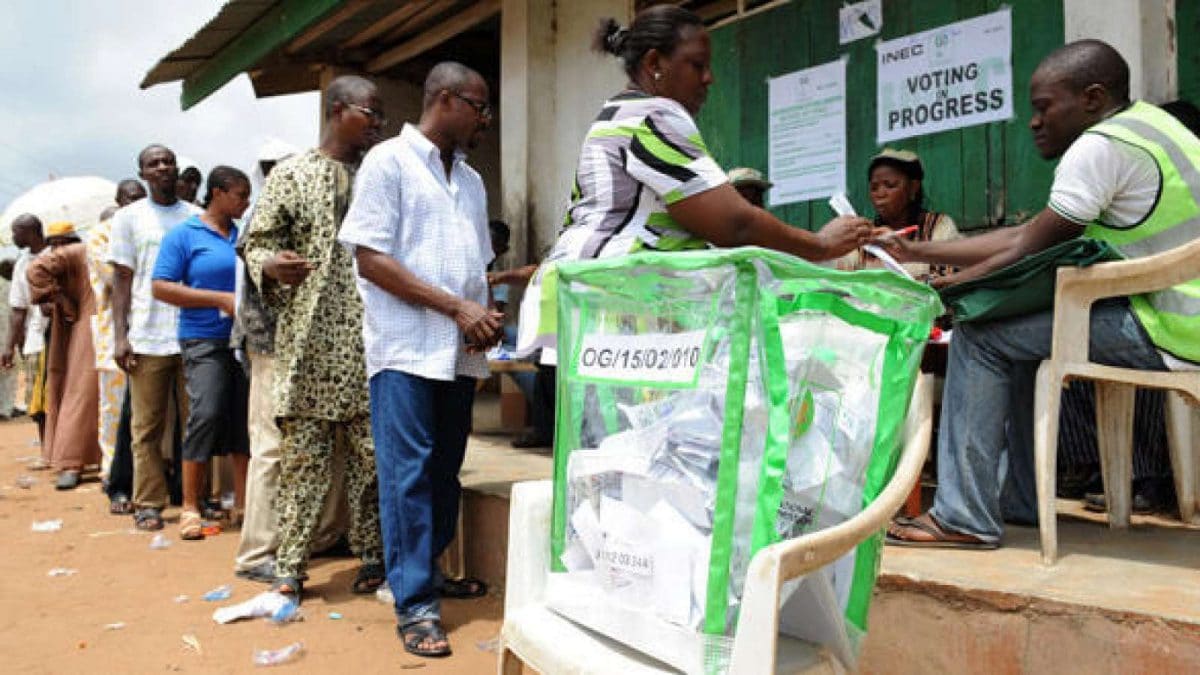
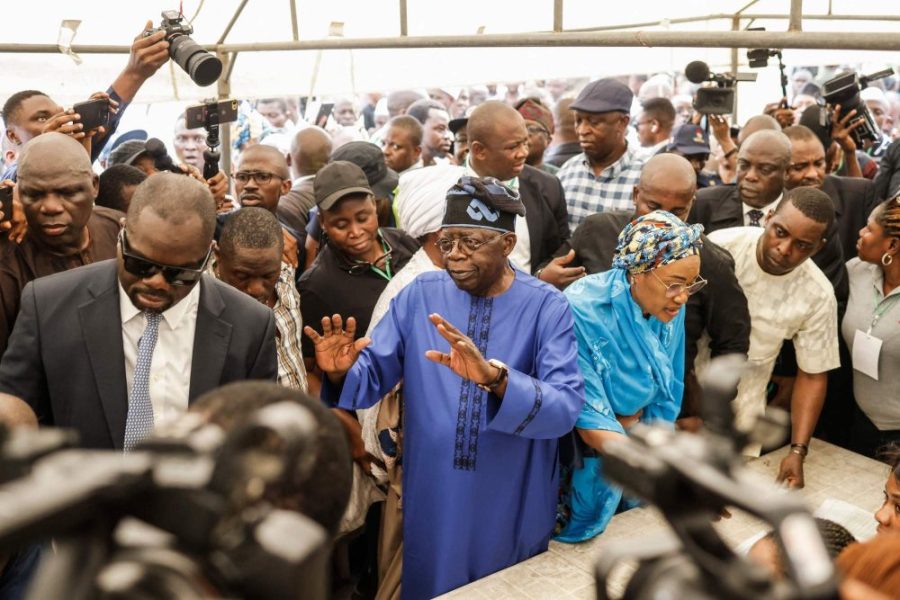
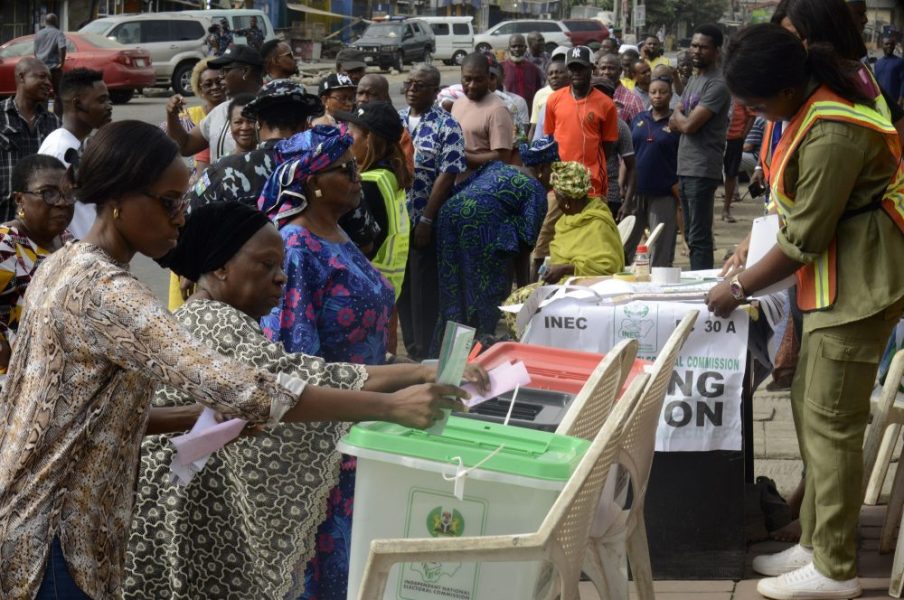
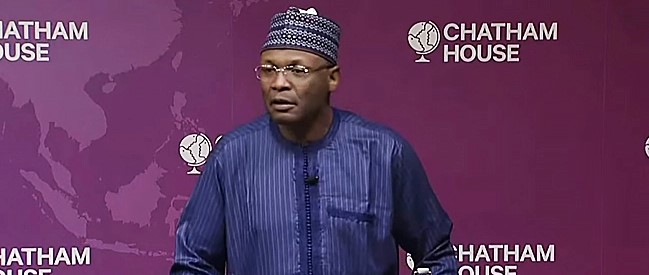
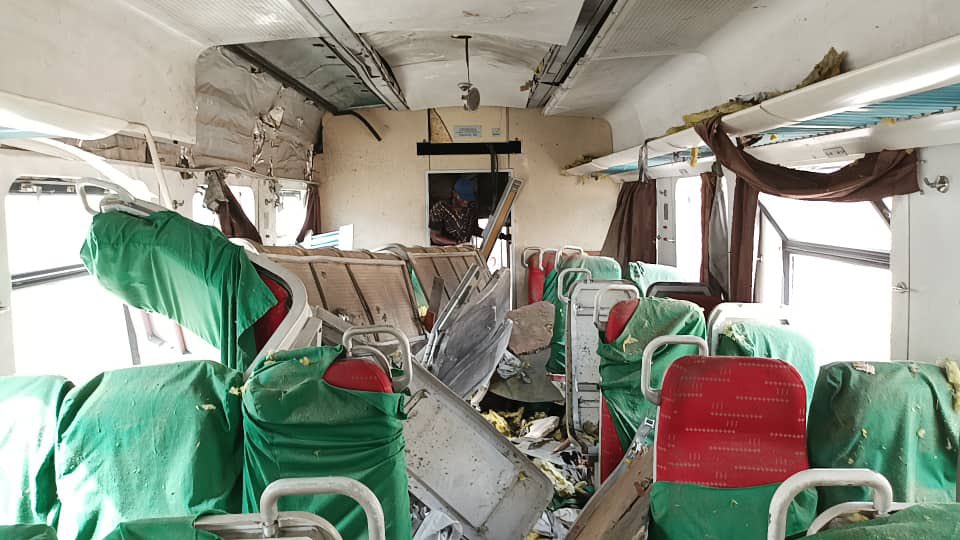
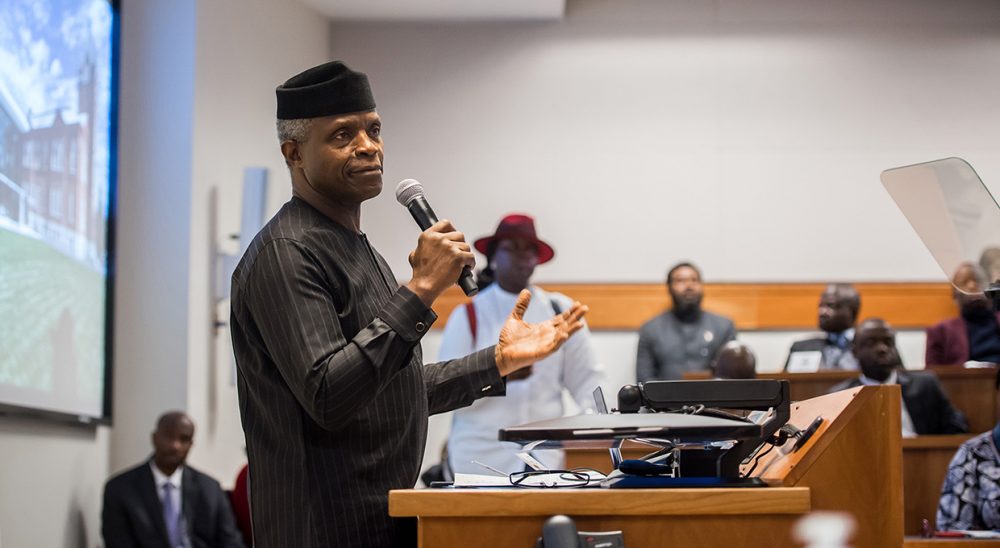
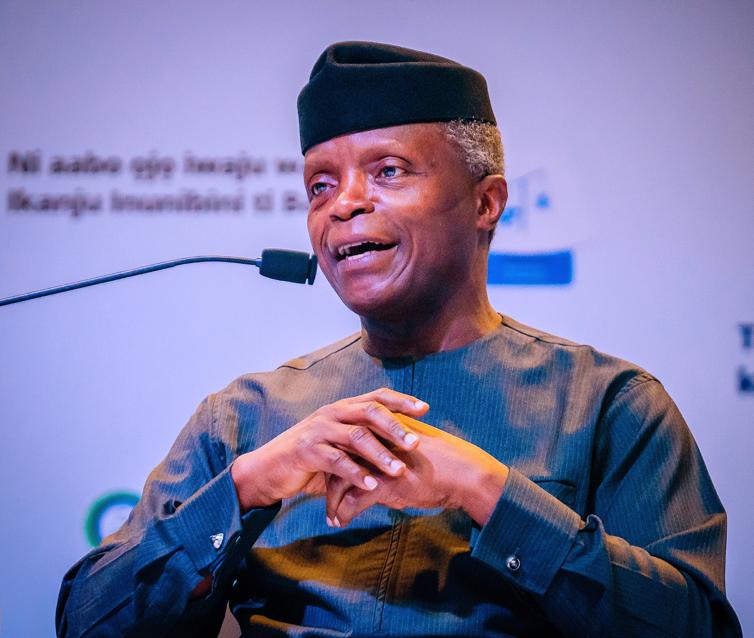
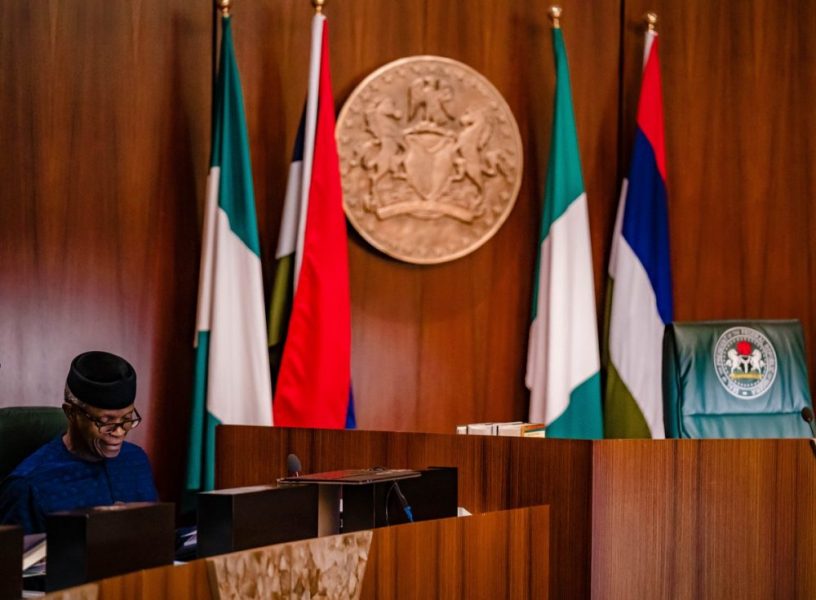

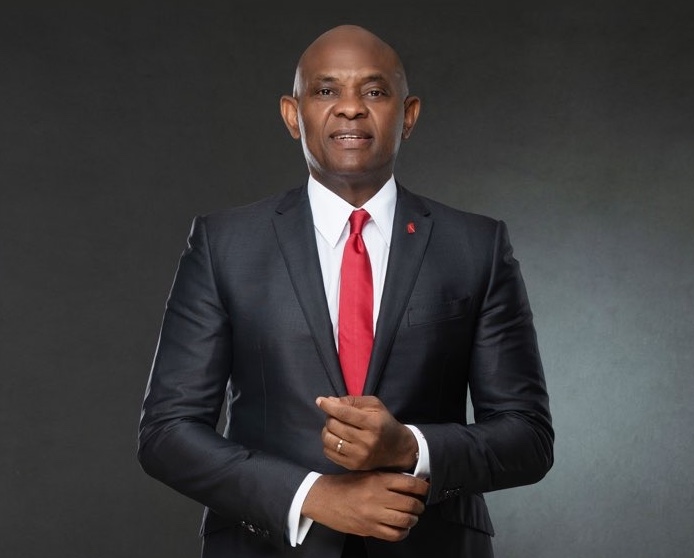

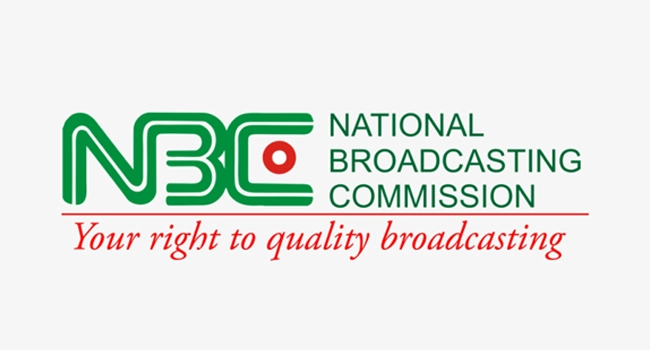
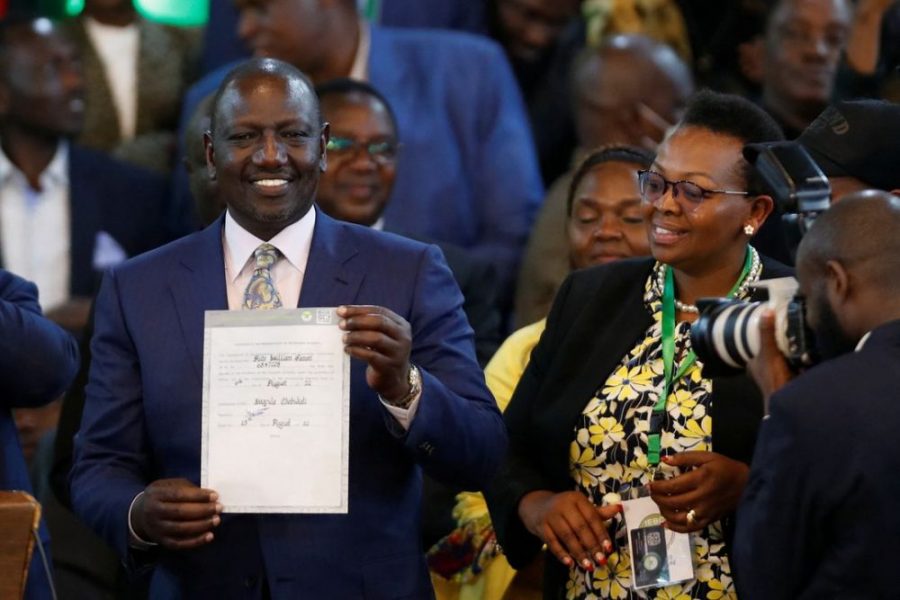
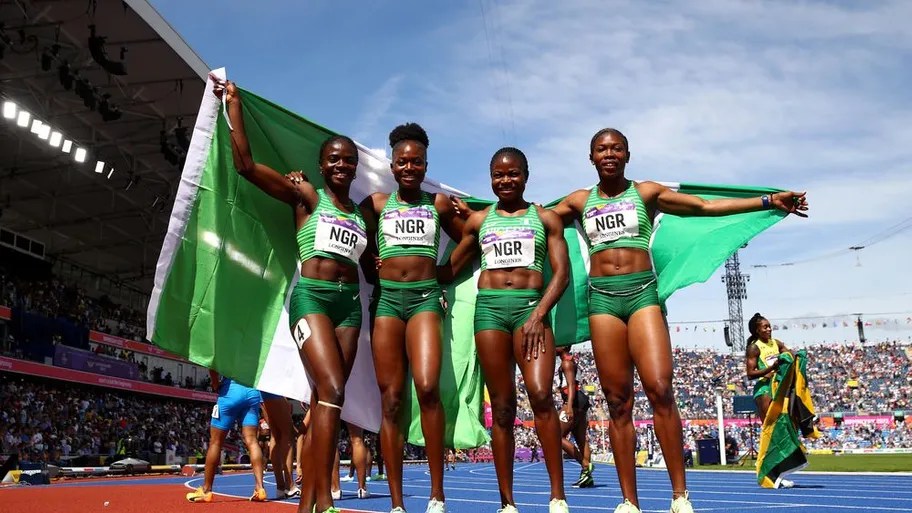
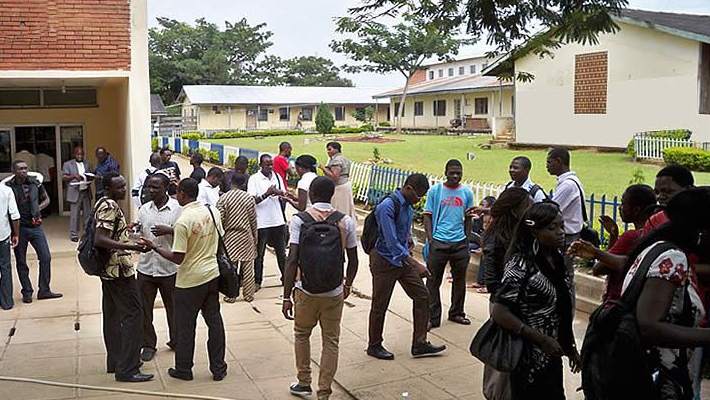
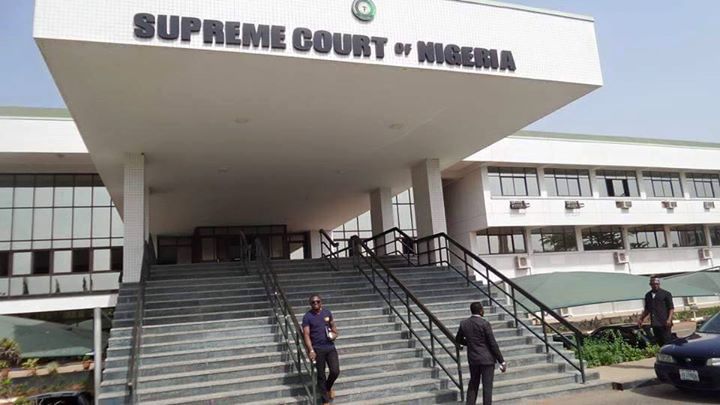
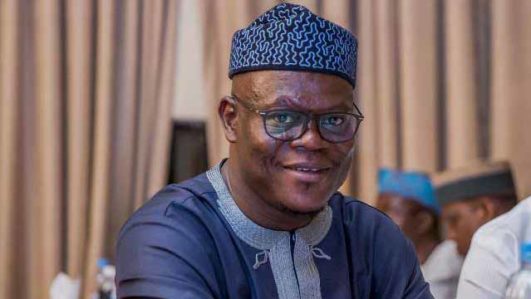
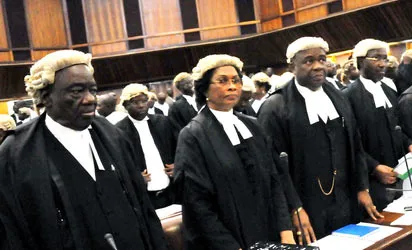
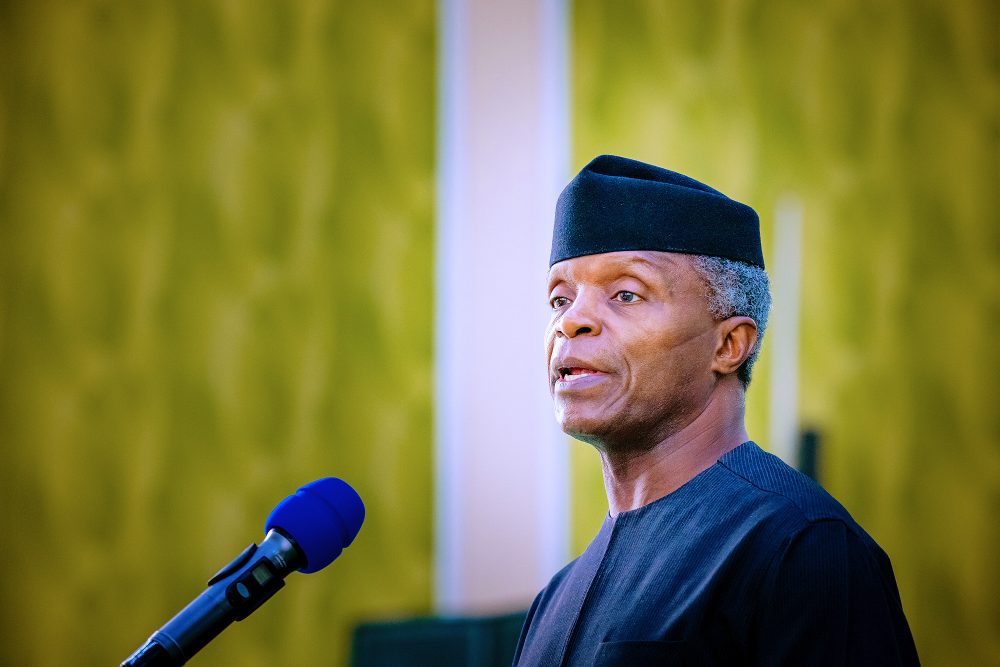
Leave a comment